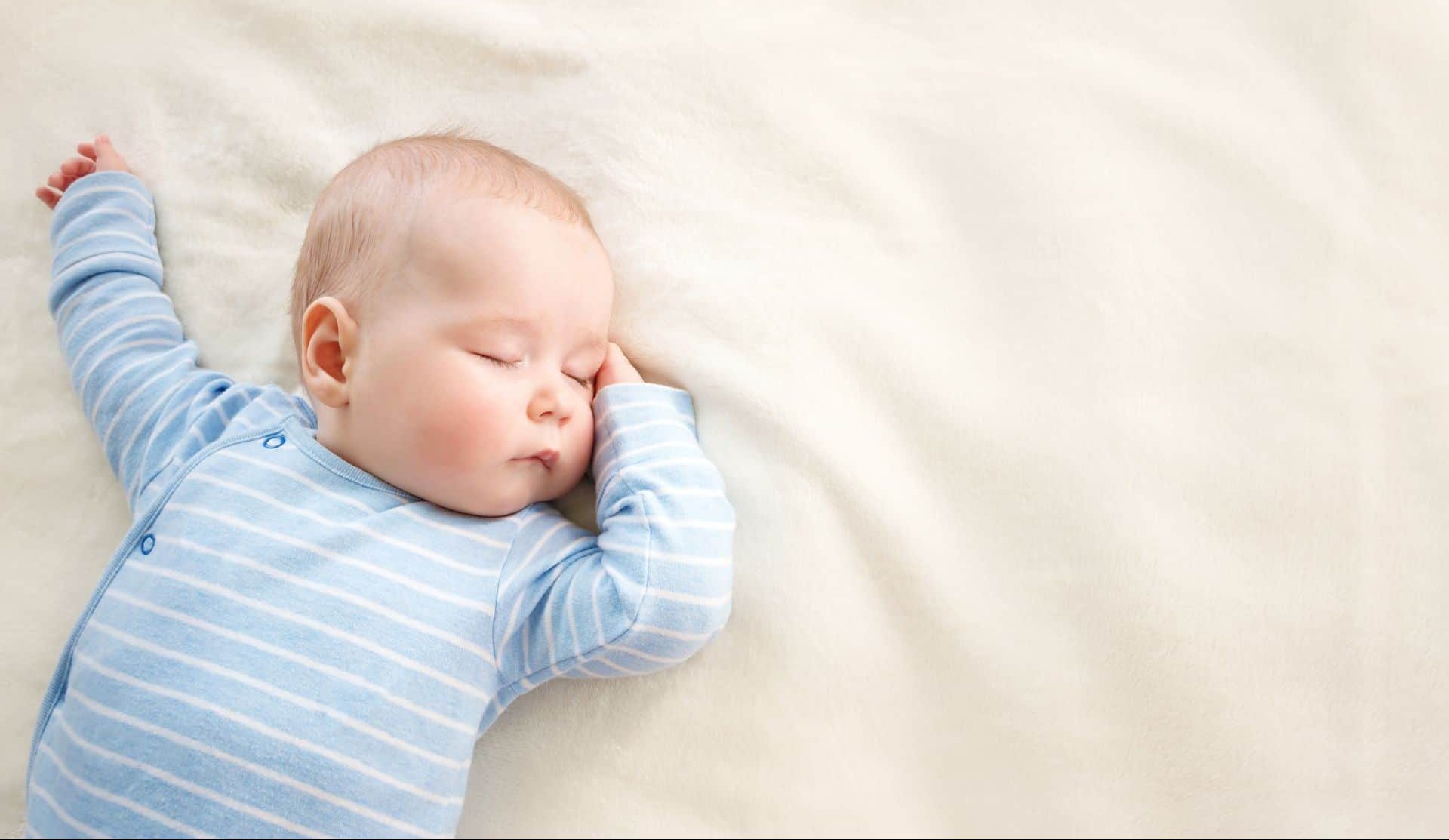Baby
4 min Read
Stop Saying that Sleep Training is Abandonment

March 30, 2022
Baby
4 min Read

March 30, 2022

Self-soothing. You’ve read every article you can and yet, your head is swimming with the differences of opinion. Most sleep experts will tell you that your child needs to learn how to self-soothe in order to fall asleep on their own. Those who are opposed to sleep training will tell you that self-soothing doesn’t exist and all you are teaching your child is that you have abandoned them.
Well, what if I told you to forget trying teaching your child to self-soothe? In fact, let’s forget that term all together. At the end of the day, you aren’t teaching your child to self-soothe; instead, you are showing them that they are capable of falling asleep themselves.
It’s capability. And that is an amazing skill for your child to learn.
They show us the signs—sometimes pretty early on—but often we confuse them. Your little one may suck on their hands or fingers, and we automatically assume these are hunger cues. They grimace and groan and we think it’s because they need us to pick them up and help them settle. But that’s not always the case. These are also signs that they are learning to self-regulate.
Signs that they are capable.
I know what you’re thinking: What about those who say that letting our little ones figure it out means we are abandoning them? That they are just falling asleep after giving up on us?
This is like saying that parents who sleep train aren’t responding emotionally or physically to their child…like…ever. We know this is simply not true. Sleep training for a few nights cannot be lumped in with emotionally and physically neglecting your child 24/7. Sleep training is not toxic stress. Let me repeat that: Sleep training does not induce a toxic stress response from your child.
The Center on the Developing Child at Harvard University explains that toxic stress can occur when a child experiences strong, frequent, and/or prolonged adversity—such as physical or emotional abuse, chronic neglect, caregiver substance abuse or mental illness, exposure to violence and/or the accumulated burdens of family economic hardship—without adequate adult support. This kind of prolonged activation of the stress response systems can disrupt the development of brain architecture and other organ systems and increase the risk for stress-related disease and cognitive impairment well into the adult years.
Is this what happens when we are teaching our babies and children that they are capable? When we are surrounding them in love and support but still providing them with lessons and frustrations so that they can learn? When the science of sleep is taught and understood, and we are working with all the tools of the sleep training process, we can eliminate much unnecessary crying and anxiety. Our goal is to work with our baby’s basic biological needs and body clock and give everyone the gift of sleep. How a child is raised has just as much, if not more, to do with their overall well-being than where they slept or how they fell asleep. We can’t forget that.
Stop teaching your child to self-soothe.
Teach them that they are capable.
They can be happy and content in their sleep environment without needing you right away. They can be calm and fall asleep peacefully on their own. We want them to know that we believe they are capable. They can do anything if we allow them the chance to do it.